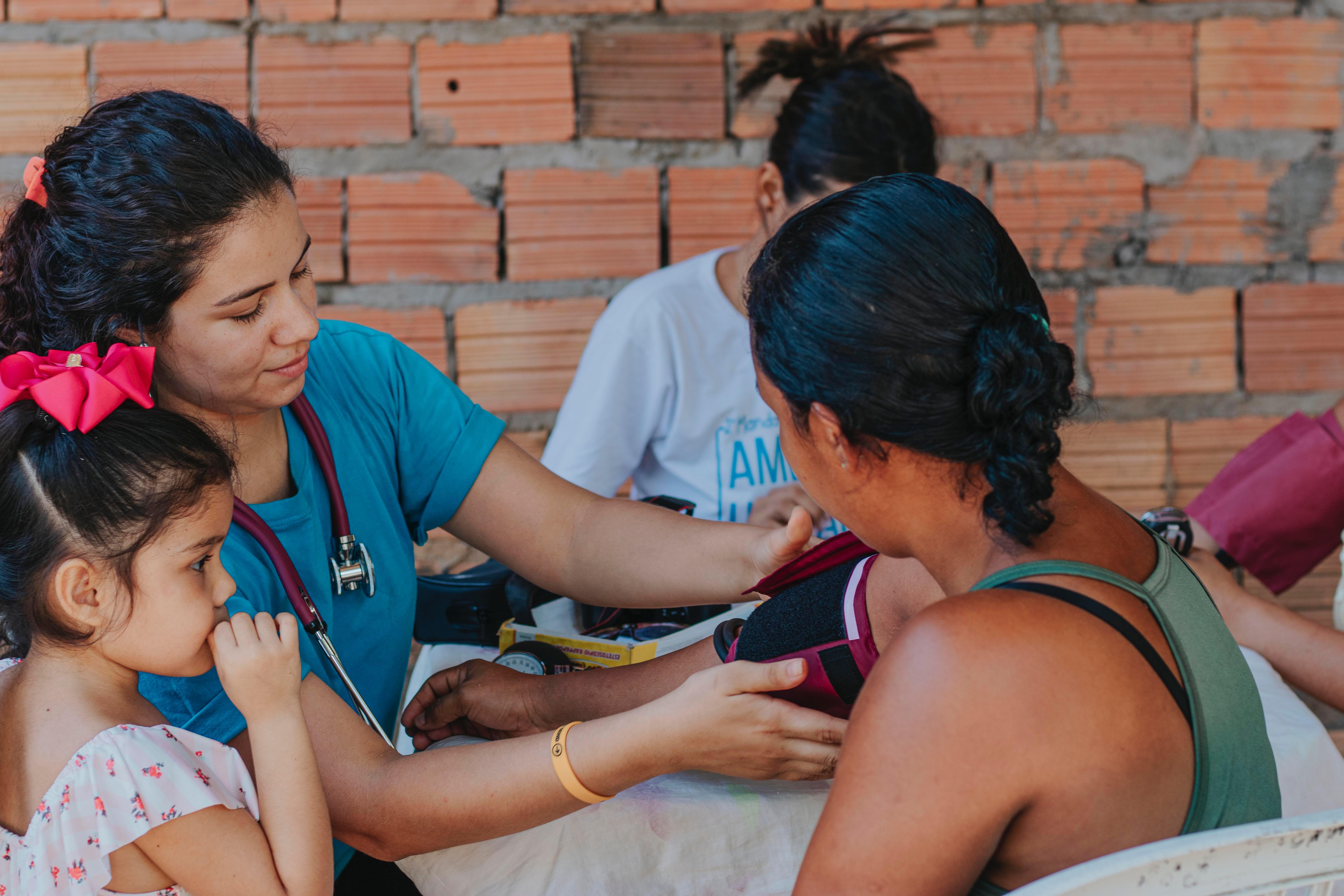Nursing definitions
ICN’s definitions of ‘nursing’ and ‘a nurse’ provide an authoritative articulation of the profession’s scope, identity and contribution to global health.

Current nursing definitions
ICN’s definitions of ‘nursing’ and ‘a nurse’ provide an authoritative articulation of the profession’s scope, identity and contribution to global health.
Definition of Nursing project
Culminating in 2025, ICN embarked on a project to review and update its definition of nursing to better align with contemporary practice and the diverse needs of the global nursing community. Recognizing the challenges in crafting a unifying definition, the project developed separate definitions for 'nursing' and 'a nurse' and included a final document explaining the process, rationale, and reasoning behind the definitions.